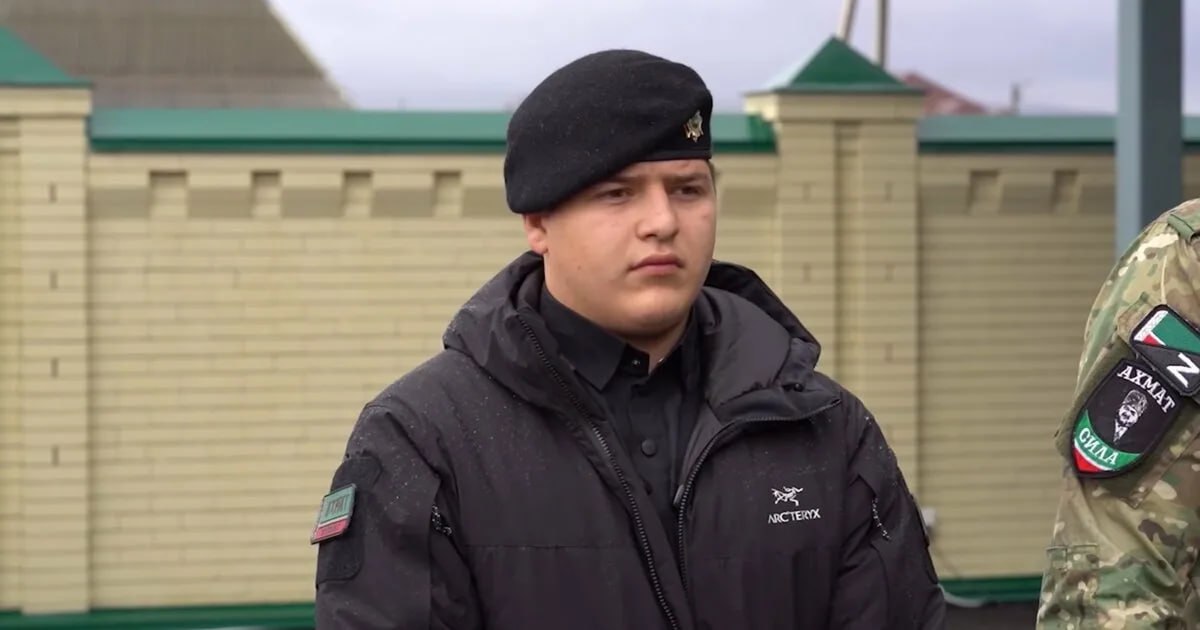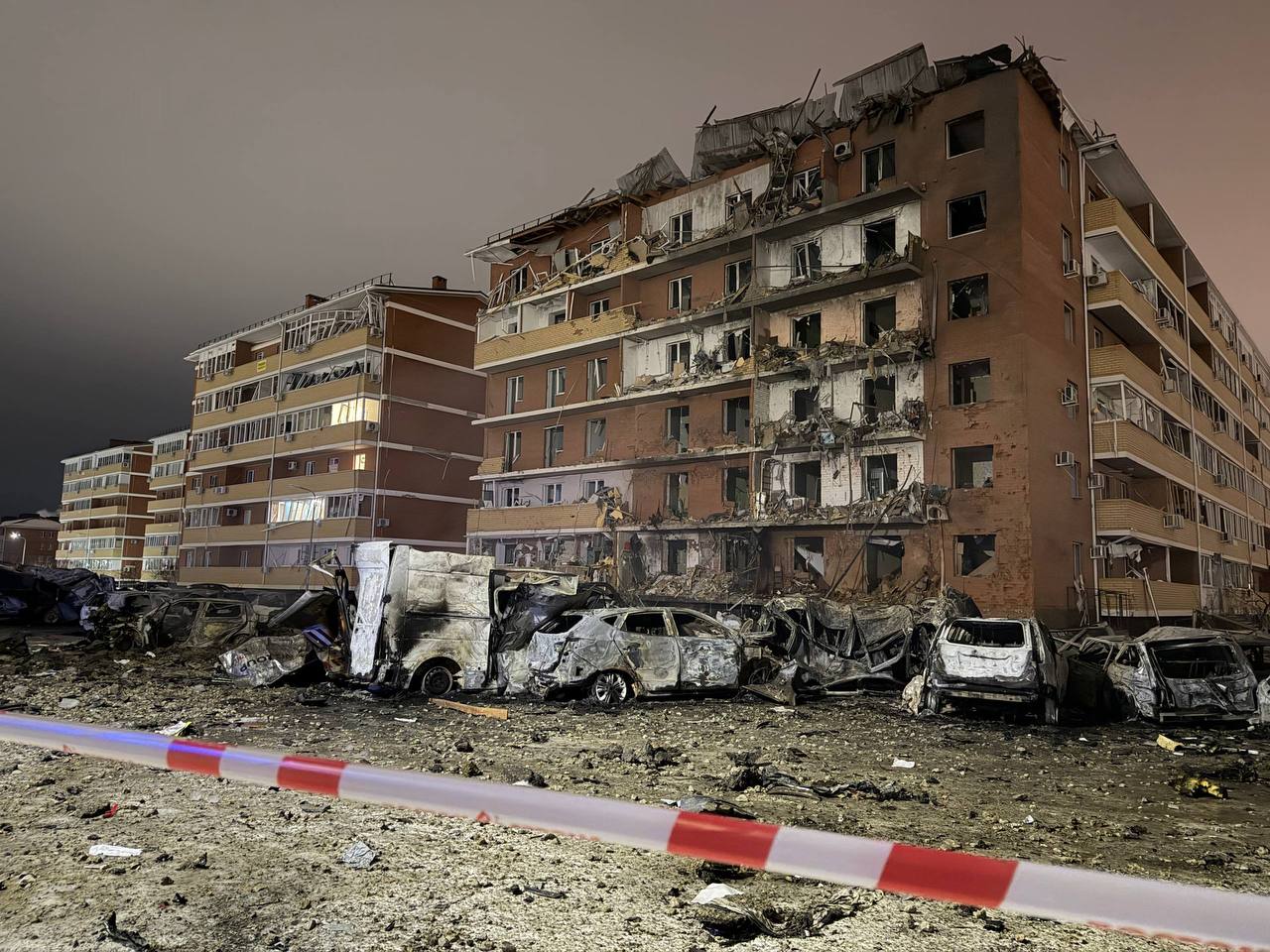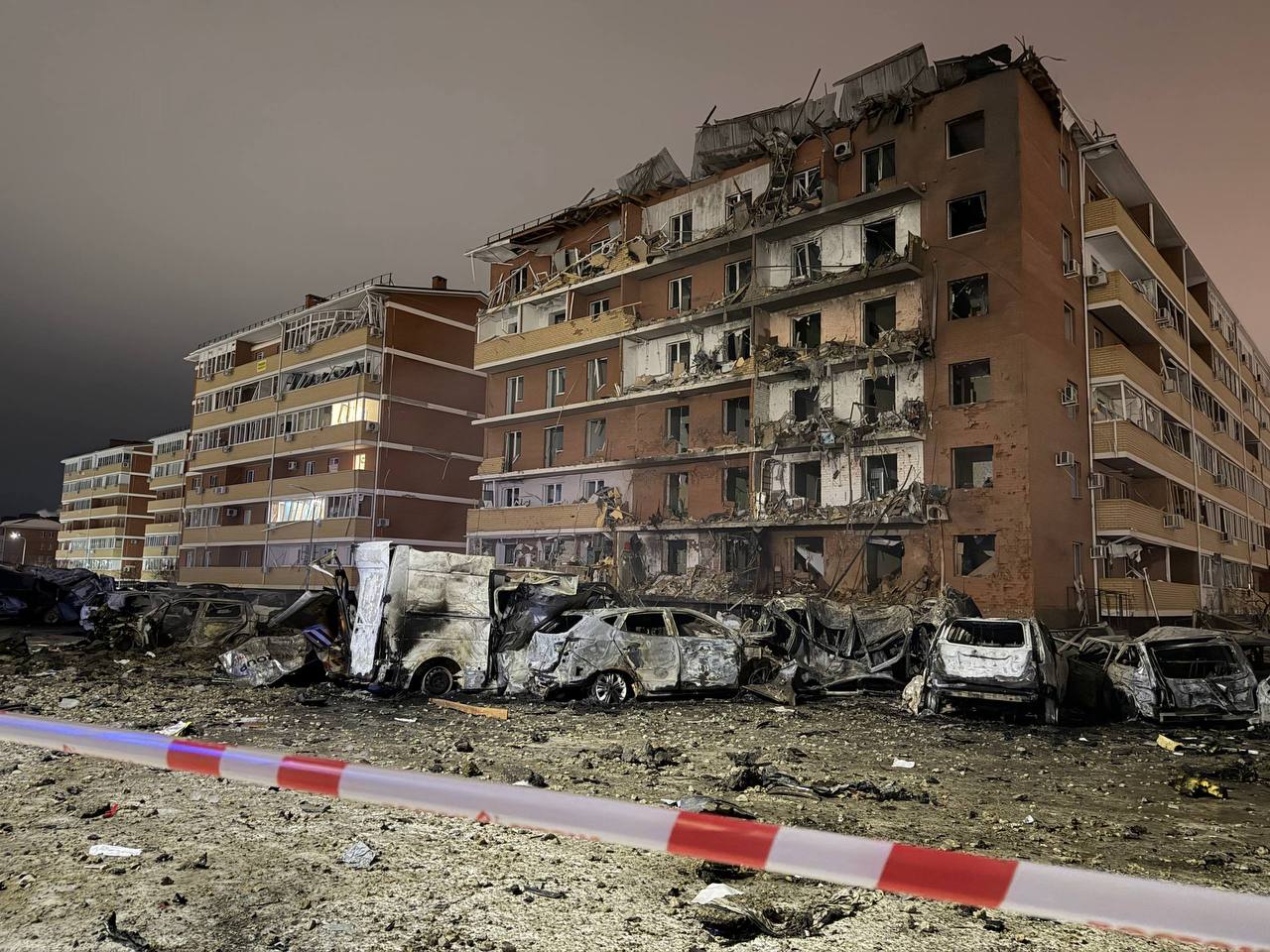The health of Adam Kadyrov, the son of Chechen leader Adam Kadyrov, who was injured in a traffic accident in Grozny, is improving, according to the Agency, citing sources close to the Russian presidential administration and the Chechen authorities.

October 16, 2001
***
On the night of October 16, in the villages of Starye Atagi and the village of Chiri-Yurt, attacks occurred on the POM (or, as local residents call them, commandant’s offices). The number of attackers is unknown. In response, the military subjected these villages to artillery fire, as well as the neighboring ones: Novye Atagi and Duba-Yurt. Shells fell on their outskirts and into the Argun River, which flows next to the residential areas of all four settlements, from midnight until the morning. One of them ended up in the yard of a Duba-Yurt resident. As a result of the ensuing explosion, an 18-year-old girl was wounded by shrapnel and died. In Chiri-Yurt, two people died when a mine exploded, and two more elderly residents of Staraya Agagin died from a heart attack. At about 3 a.m., 29-year-old Moyla Ismailov was killed with a targeted shot in the head in Novye Atagi. According to neighbors, he went into his yard to use the toilet, and a shot was fired from the police department (commandant’s office) located opposite his house.
During the attack on the POM in Starye Atagi, two natives of the neighboring Urus-Martan district and 28-year-old local resident Aslan Sugaipov were killed. Apparently, there were also casualties on the Russian side.
According to local residents, it is known that Aslan Sugaipov’s brother and his father’s brothers were killed shortly before by the military. They were shot in their home for no apparent reason. Four months earlier, Russian soldiers took his 60-year-old father from his home and took him to an unknown destination. Searches and appeals to the Russian authorities in the republic did not yield any results.
The next morning, POM employees informed the residents of Staro-Agagin that due to the night attack on them, a “cleanup” would be carried out in the village. The timing of the operation was not specified.
After this attack, POM was transferred from the office building of the Ataginsky state farm (which he had occupied since January 2000) outside the village, to the mill premises on the northern outskirts of Starye Atagi.
It soon became clear that the pension money had disappeared. The day before, police officers insisted that the local administration hand them over for temporary storage. 3,500,000 rubles disappeared. – debt for three months and planned payment for September. Russian police said that the money was burned during a night battle when a grenade launcher caused a fire in the building.
No one in the village believed this explanation. The office building, according to numerous witnesses, was set on fire after the battle, when the firefight died down and the attackers left the village in an unknown direction. Residents of Starye Atagi filed a complaint with the head of the Grozny district administration, Shakhid Dzhamaldaev. At the latter’s insistence, the district prosecutor’s office began an investigation, in which employees of the republican prosecutor’s office also joined. The prosecutor of Chechnya, Vsevolod Chernov, was notified about the disappearance of a large sum of money.
Soon, near the city of Mozdok in the Republic of North Ossetia-Alania, a group of Ministry of Internal Affairs officers accompanying the “cargo-200” was detained. Missing money was discovered in one of the zinc coffins. A criminal case was opened into their abduction. Human Rights Center “Memorial” does not know the details of the investigation and whether anyone was ultimately punished.
***
Since October 15, the village of Chiri-Yurt was blocked. On the morning of October 16, prosecutors, accompanied by armed guards, arrived at the site where the military convoy was blown up. Residents of the village asked them when the settlement would be unblocked, to which they received an answer: the surviving spare parts from the destroyed ZAZ and armored personnel carrier were taken away, and until the stolen goods were returned, the road would remain closed. In addition, the Chiri-Yurt residents were threatened with “arrest” of the vehicles that had accumulated at the checkpoint (more than 20 units). On the same day, the villages of Starye and Novye Atagi were closed. In the last of them, “cleansing” began in the afternoon.
***
At 10 o'clock in the morning the village of Duba-Yurt came under fire once again. Russian sappers discovered a landmine planted on the side of the road near a populated area and opened indiscriminate fire on nearby houses with mortars from the nearest military unit and small arms. As a result, Zarema Khasanovna Dadaeva, born in 1964, was injured. She was with her two young daughters in her house not far from where the fire was coming from. One of her daughters, Khava Abubakarovna Dadaeva, born in 1996, was also wounded by several bullets in the chest near the heart and in the abdominal cavity. Her left hand was broken. Waving a white rag, the girl’s mother ran out and began shouting to the sappers not to shoot, that there were children in the house. In response, she heard: “It’s okay, you’re shooting at us too.”
On foot under fire, Zarema Dadaeva and her wounded daughter reached Chiri-Yurt. The girl died in the hospital.
***
In the morning, on the outskirts of the village of Chiri-Yurt, the military killed the son of Adam Tsarnaev. At that time he was grazing cattle there. Human Rights Center “Memorial” was unable to find out all the circumstances under which this crime was committed.
***
While collecting sea buckthorn in a forest belt on the outskirts of the village of Chechen-Aul, a local resident, Soltamuradov, was blown up by a mine. His leg was blown off and he died from loss of blood. The territory of a small forest and shelterbelt, which is located between Chechen-Aul and its neighboring Belgatoy, is literally dotted with booby traps and tripwires. According to local residents, they were installed by the Russian military.
***
Musa Pazludinovich Utsmiev, born in 1969, who lived in the village of Kalinina (2nd lane Dzhambula), died. Two months earlier, Russian soldiers broke into his house. They did this according to the practice worked out in Chechnya: first they knocked down the door and broke the window glass. Assuming that they might be bandits, the owner ran out to meet them with a small hatchet in his hands. The soldiers ordered him to drop the hatchet, tied his hands, threw him face down on the ground and kicked him for a long time. All this happened in front of his wife and two-year-old son. The military then searched the house, explaining that they were looking for weapons. Not finding him, they decided to take Musa Utsmiev, who was lying tied up on the ground, with them. The kidnapping was prevented by neighbors who came running to hear the noise.
The death of Musa Utsmiev could have been accelerated by another incident that happened to him in February 2000. From the village of Tolstoy-Yurt, where he moved with the beginning of the second war, Musa, together with three comrades, went to Grozny. I wanted to pick up car parts from my temporarily abandoned home. On the Petropavlovskoe highway, the military detained them and took them to the village of Khankala, where they put them in a cold iron booth. They spent three days in captivity. They were brutally beaten three or four times a day, they were not given water, they were not even allowed to put snow in their mouths. As a result, Musa Utsmiev’s health was seriously undermined, and the necessary funds were not found for treatment.
This is not the first loss that Musa Utsmiev’s family has suffered due to the Russian military. During the first war (1994-1996), his older brother went missing along with his wife and child.
From the book “People Live Here”, Usam Baysaev, Dmitry Grushkin, 2006.



